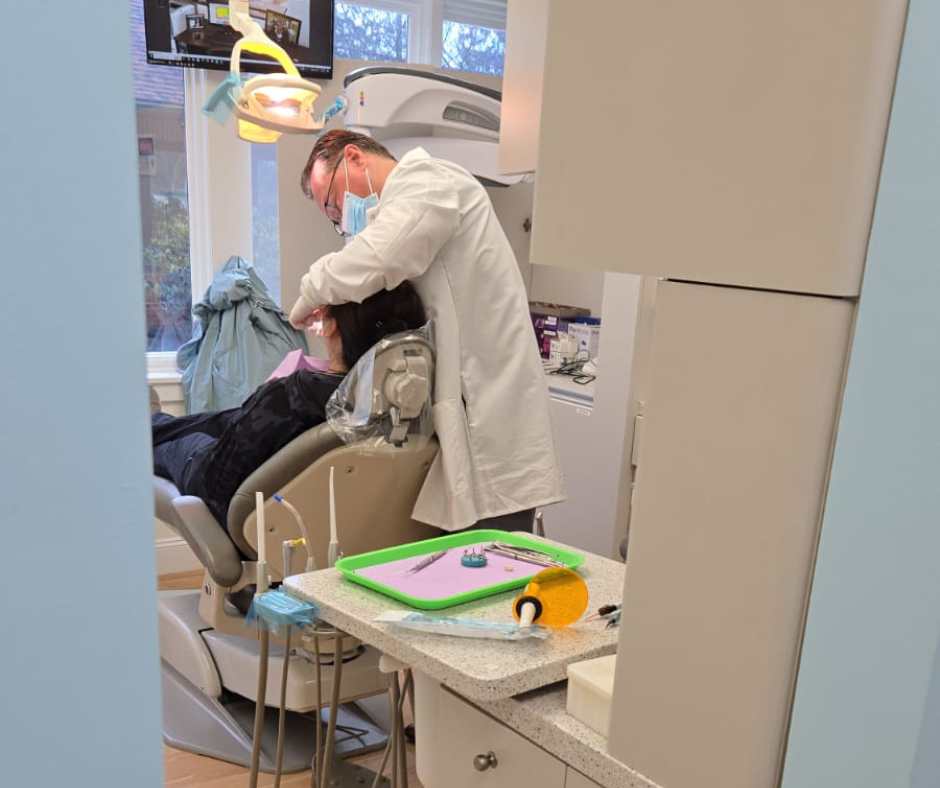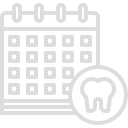

Luxury Dental Cleanings and Preventive Care in Berwyn
At Premier Smiles, we offer an exceptional range of high-end dental services, specializing in cleanings and preventions in Berwyn.
Our preventive care is the foundation of our practice—focused on a personalized, collaborative approach between you and our expert team. We aim to preserve your natural smile, ensuring it remains healthy and beautiful for years to come.
Under the expert care of Dr. Catalin Florin Arhiri, our skilled team is dedicated to enhancing your oral health in a luxurious, relaxed environment. Embrace the benefits of preventive dentistry to keep your smile radiant and long-lasting.
Comprehensive Dental Exams in Berwyn
During your initial visit, you’ll receive a thorough dental exam that sets the foundation for your ongoing care. Our comprehensive check-up includes:
- Diagnostic X-rays (Radiographs)
- Oral Cancer Screening
- Gum Disease Evaluation
- Decay Detection
Professional Dental Cleaning in Berwyn
A professional dental cleaning (dental prophylaxis) is a thorough treatment performed by our registered hygienists. This service goes beyond basic oral care and ensures your smile stays pristine. It includes:
- Removal of Calculus (Tartar)
- Plaque Removal
- Teeth Polishing
Dental X-Rays for Comprehensive Diagnosis
Dental X-rays are an essential diagnostic tool that help our team detect hidden dental issues. By reviewing your X-rays, we can create a tailored treatment plan that addresses your unique needs. Dental X-rays can reveal:
 Abscesses or cysts
Abscesses or cysts  Bone loss.
Bone loss.  Cancerous and non-cancerous tumors.
Cancerous and non-cancerous tumors.  Decay between the teeth.
Decay between the teeth.  Developmental abnormalities.
Developmental abnormalities.  Poor tooth and root positions.
Poor tooth and root positions.  Problems inside a tooth or below the gum line.
Problems inside a tooth or below the gum line.
It′s important to know that detecting and treating your dental problems as soon as possible will help you save money, time and maintain a healthy smile.
Are Dental X-rays Safe?
Dental X-rays are safe, requiring minimal radiation exposure—equivalent to the natural radiation a person encounters in a single day. We take every precaution to minimize your exposure, including using lead aprons and fast films to shorten the exposure time.
Why Choose Premier Smiles for Cleanings and Preventive Care in Berwyn?
By focusing on preventive dentistry, we help you avoid serious dental issues and costly procedures. With regular exams, cleanings, and treatments, we ensure your smile stays healthy, stunning, and resilient.
Trust Premier Smiles for luxurious dental care that fits your lifestyle and needs.


 Contact us
Contact us Meet us!
Meet us!




